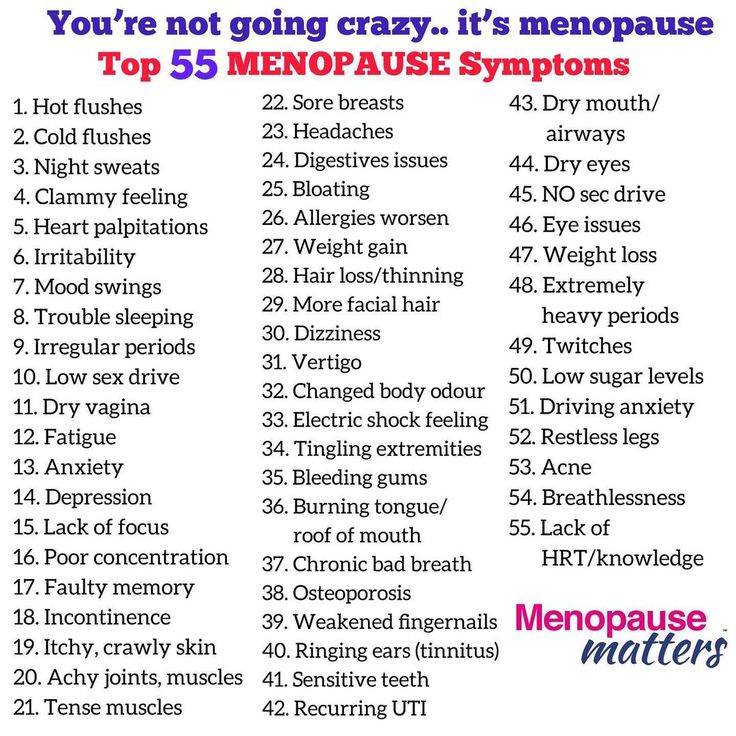How To Ease Dry Mouth Symptoms In Perimenopause?

The onset of perimenopause brings about a multitude of physical and hormonal changes that can significantly impact a woman’s quality of life. Among the myriad symptoms, dry mouth, or xerostomia, is a common complaint that can range from mildly annoying to severely debilitating. Dry mouth during perimenopause is primarily attributed to the fluctuating levels of estrogen, which plays a crucial role in regulating the body’s moisture levels, including saliva production. As estrogen levels decrease, the salivary glands may produce less saliva, leading to dryness in the mouth.
Understanding the causes and symptoms of dry mouth during perimenopause is the first step towards finding relief. Dry mouth can lead to discomfort while eating, difficulty swallowing, and an increased risk of tooth decay and other oral health issues. It can also affect taste and the ability to speak comfortably. Given the potential impact on both oral health and overall well-being, managing dry mouth symptoms effectively is essential.
One of the most straightforward ways to ease dry mouth symptoms is by staying hydrated. Drinking plenty of water throughout the day can help keep the mouth moist and alleviate dryness. It’s also beneficial to sip water slowly, allowing the mouth to absorb as much moisture as possible. Additionally, reducing caffeine intake can help, as caffeine is known to have dehydrating effects.
Beyond hydration, there are several other strategies for managing dry mouth. Chewing sugar-free gum or sucking on sugar-free candies can stimulate saliva production, offering temporary relief. Choosing gum or candies that contain xylitol, a sugar substitute that has been shown to prevent tooth decay, can provide additional oral health benefits.
Modiying diet can also play a crucial role. Eating foods that require more chewing, such as nuts, raw vegetables, and fruits, can stimulate saliva production naturally. Including foods high in omega-3 fatty acids, like salmon and flaxseeds, in the diet may help reduce inflammation and promote overall health, potentially alleviating some symptoms of dry mouth.
For some women, incorporating saliva substitutes or oral moisturizers into their daily routine can provide significant relief. These products mimic the properties of natural saliva, helping to keep the mouth moist and comfortable. They come in various forms, including sprays, gels, and swabs, allowing individuals to choose the most convenient and effective option for their needs.
In addition to these measures, practicing good oral hygiene is crucial. Regular brushing and flossing, along with scheduled dental check-ups, can help prevent the oral health complications associated with dry mouth. Using a fluoride toothpaste and considering a fluoride mouthwash can provide extra protection against tooth decay.
For those experiencing severe or persistent dry mouth symptoms, consulting a healthcare provider is advisable. In some cases, prescription medications or hormone replacement therapy (HRT) may be recommended to help manage symptoms. However, it’s essential to discuss the potential benefits and risks of any treatment with a healthcare professional, especially considering the individual’s overall health and medical history.
Dry mouth during perimenopause is a signal of the body’s transition and should not be ignored. By adopting a combination of lifestyle adjustments, oral care strategies, and potentially medical interventions, women can effectively manage dry mouth symptoms and improve their overall quality of life. It’s about finding the right balance and being proactive in addressing the changes that come with this phase of life.
In conclusion, easing dry mouth symptoms in perimenopause involves a multi-faceted approach that considers hydration, dietary changes, oral care, and possibly medical treatment. By understanding the causes and exploring various management strategies, women can take control of their symptoms and navigate this transition with greater comfort and confidence.
What are the primary causes of dry mouth during perimenopause?
+The primary cause of dry mouth during perimenopause is the decrease in estrogen levels, which affects saliva production. Other factors such as certain medications, dehydration, and changes in diet or oral health can also contribute to dry mouth symptoms.
How can I stimulate saliva production naturally?
+Chewing sugar-free gum, sucking on sugar-free candies, and eating foods that require more chewing can stimulate saliva production naturally. Additionally, staying hydrated by drinking plenty of water can help maintain oral moisture.
What role does diet play in managing dry mouth symptoms?
+Diet plays a significant role in managing dry mouth symptoms. Including foods high in omega-3 fatty acids, choosing sugar-free options, and consuming foods that stimulate saliva production can help alleviate dry mouth. Avoiding caffeinated and sugary drinks is also recommended.
When should I consider seeking medical help for dry mouth symptoms?
+If dry mouth symptoms are severe, persistent, or interfere with daily activities, it's advisable to seek medical help. A healthcare provider can recommend appropriate treatments, including saliva substitutes, oral moisturizers, or in some cases, hormone replacement therapy, after evaluating the individual's overall health and medical history.
In addressing dry mouth during perimenopause, it’s essential to adopt a holistic approach that considers lifestyle changes, oral care practices, and, when necessary, medical interventions. By being proactive and exploring various management strategies, women can find relief from dry mouth symptoms and navigate this phase of life with greater comfort and confidence.

